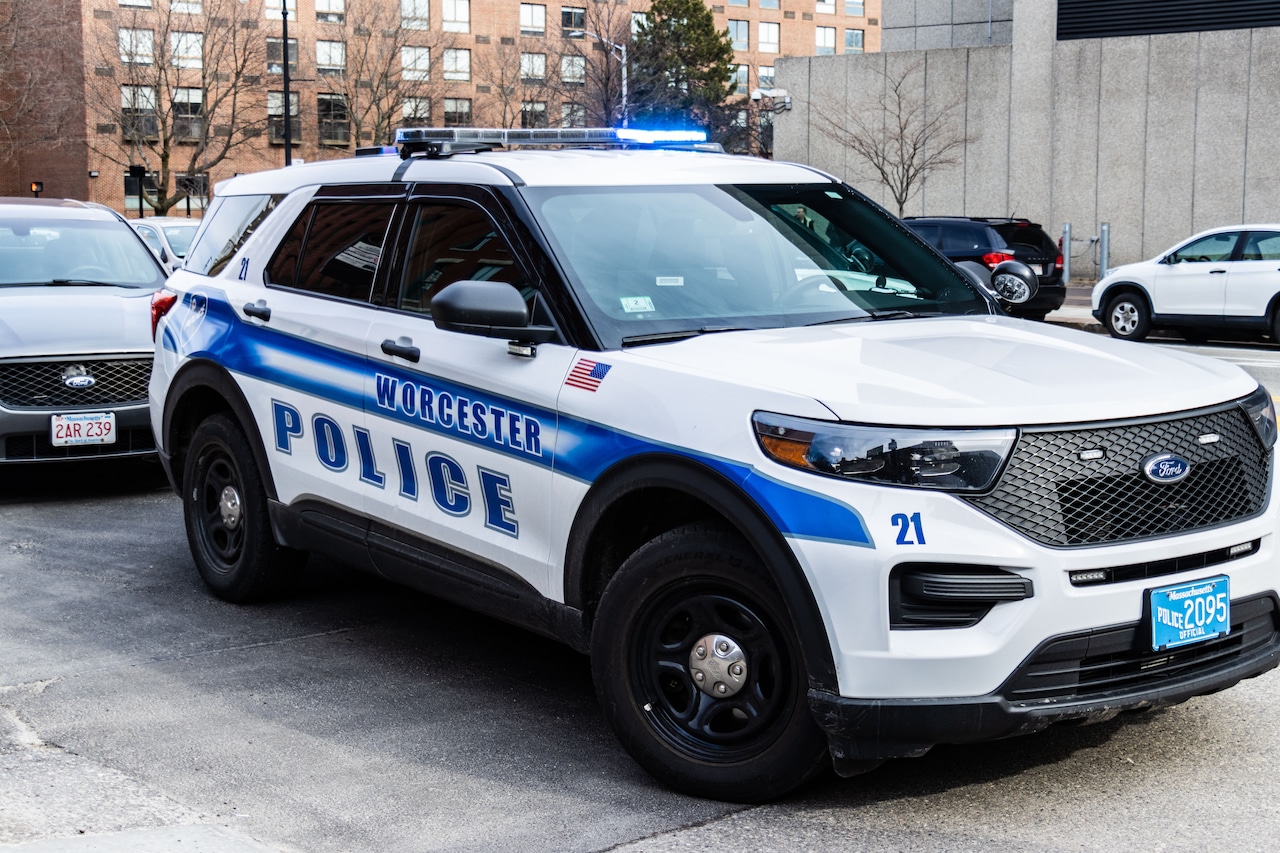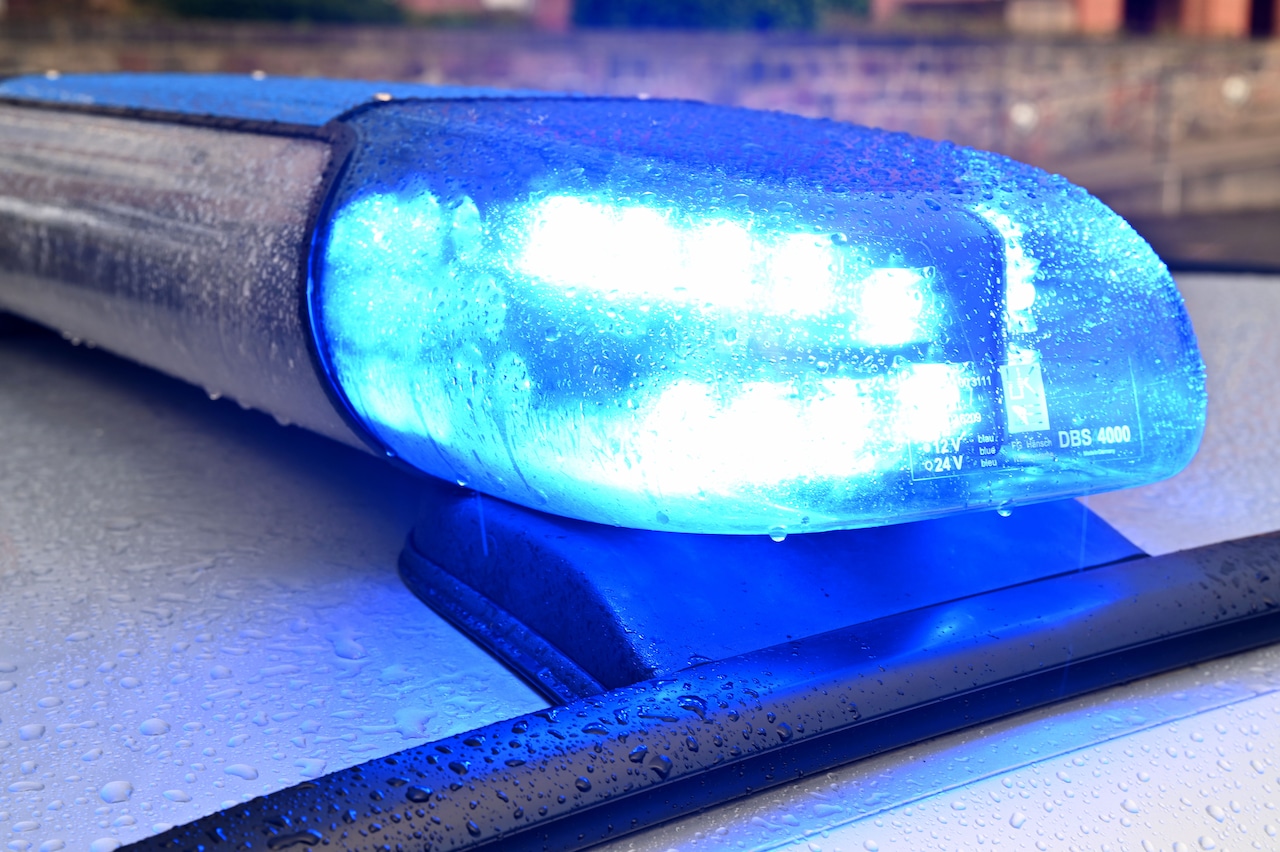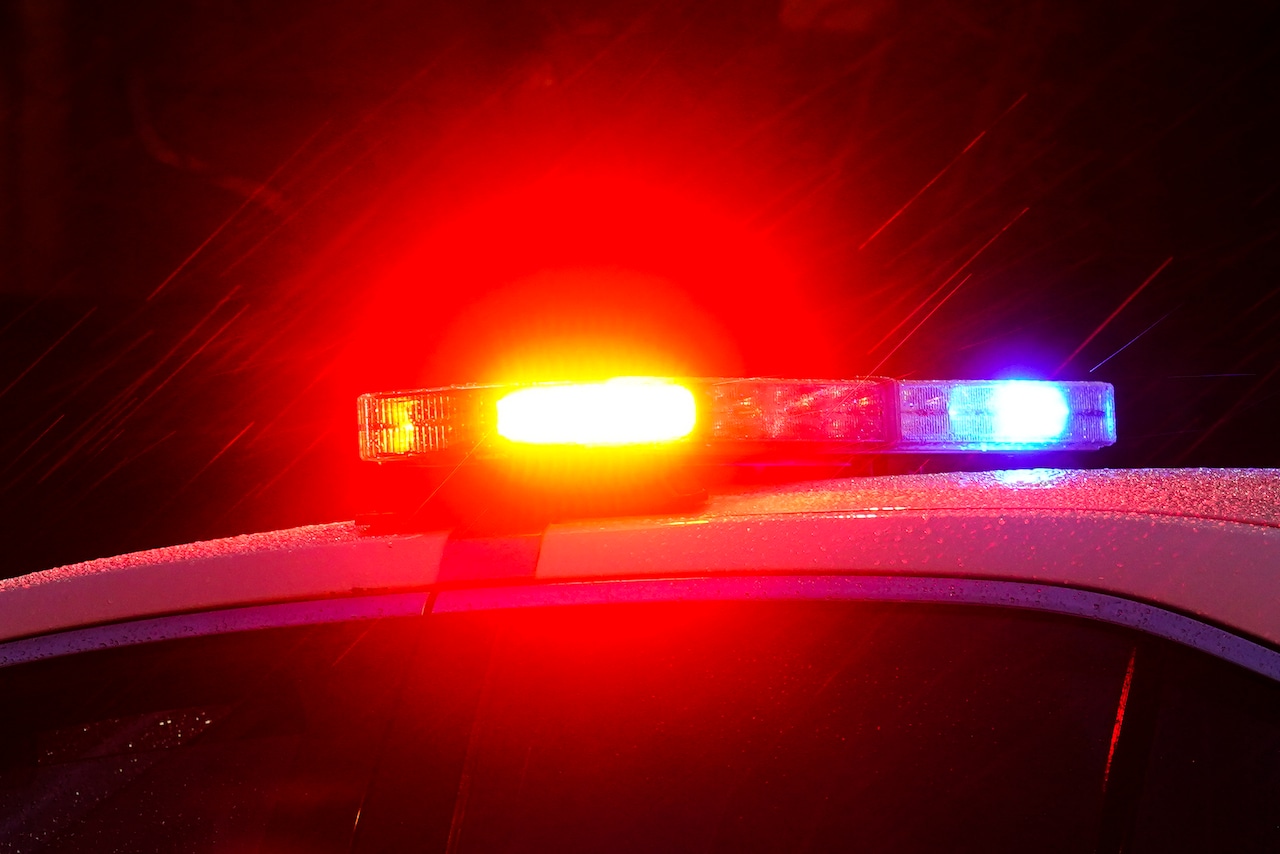
Dear Annie: I have a friend whose father recently died. They were incredibly close, and my heart hurts for her. She and I had met at her father’s house 20-plus years ago and became super close for many years.
Life happened, and we’re not as close as we once were even though I still consider her to be one of my best friends. I lost my own father in 2004 and I desperately want to be there for her during her time of loss. I want to be able to listen to her cry, hug her and just sit with her so she doesn’t feel so alone. The problem is that she is on drugs and, as I’ve been in recovery for eight years, it’s a trigger for me to be around her.
After her father passed, I went to her house. I could see a serious weight loss, but at that point, I chalked it up to her being stressed. At the service, it was obvious that she was under the influence. She even told me how her mother was telling other people she was using these drugs, but my friend looked me dead in the eye and told me that she’s not.
At the end of the service, she invited me to come drink with her. I told her I would go, but then when I got in my car, I realized just how triggered I was. I knew it wouldn’t be a good thing for my recovery if I joined her. I would be under the influence of alcohol and my inhibitions would be lowered; the chance of me using isn’t something I want to roll the dice with. Instead, I went home and cried myself to sleep.
When I woke the next morning, she had made a post on social media talking about how her friends are slowly abandoning her. I chose not to comment and pretended not to see it, but what I really wanted to say is that the drugs are making her into someone that I personally don’t recognize.
A few days ago, I sent a very generic message, telling her that I’ve been thinking of her and that I hope she’s well. She saw my message and didn’t reply, but made another post.
I want to tell her that my feelings are hurt because she lied to me. She knows that I’m in recovery, so she should understand that I know what addiction looks like. On the other hand, I also understand that addiction alters our brains and that until she’s ready to quit, there’s nothing that I myself can do for her.
How do I tell her that I’m fully aware of her addiction? I want her to know that I’m not avoiding her for any other reason and that if/when she’s ready to seek help, I’m 1,000% there for her. Until then, I feel like I can’t support her properly.
— Sober and Struggling to Support
Dear Sober: It’s clear you care very deeply about your friend. Let her know you, having had your own similar experience, understand how hard this time is for her and that your heart goes out to her. When you talk to her, be honest but gentle about what you’ve observed. You might say something like, “I’ve noticed some changes that worry me, and I want you to know I’m here for you when you’re ready to talk or get help.” Assure her that your distance isn’t because you don’t care, but because your recovery must come first.
Until she’s ready, continue to offer your love and concern from a safe distance. Your message might be hard for her to hear, but it’s important for both of you that she does.
“How Can I Forgive My Cheating Partner?” is out now! Annie Lane’s second anthology — featuring favorite columns on marriage, infidelity, communication and reconciliation — is available as a paperback and e-book. Visit http://www.creatorspublishing.com for more information. Send your questions for Annie Lane to dearannie@creators.com.
COPYRIGHT 2024 CREATORS.COM






